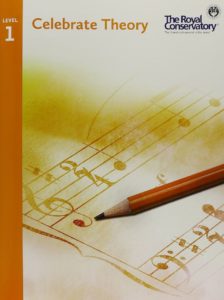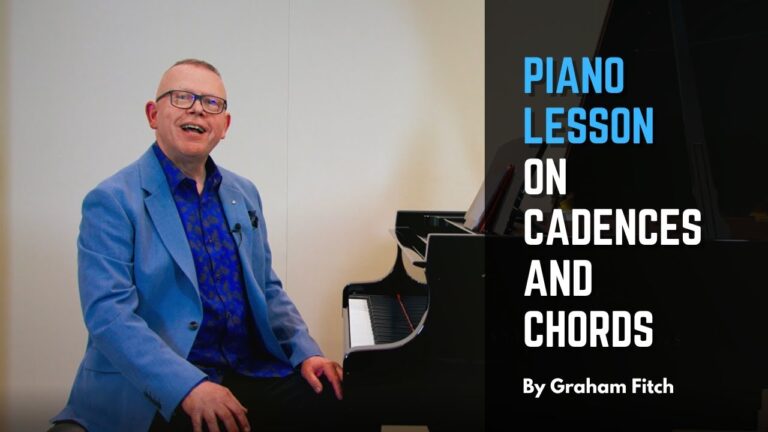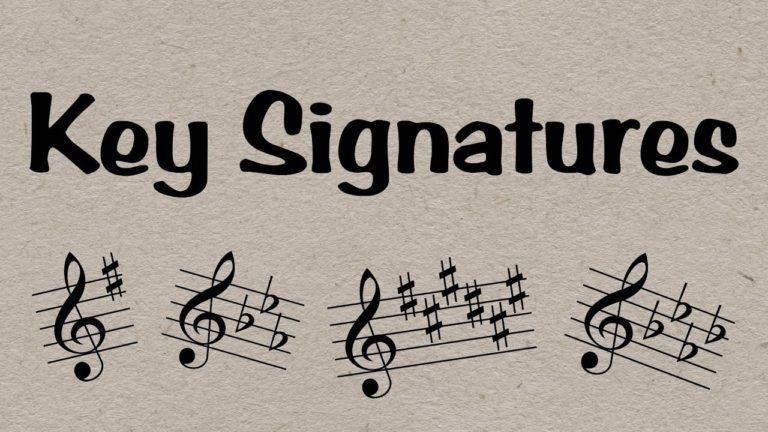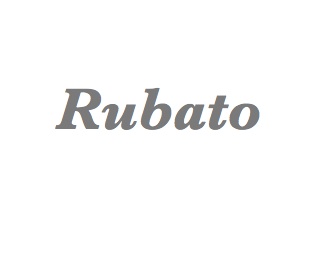
Studying music theory – Classical music theory and musicianship is a long-term study that can take years but it’s well worth the effort. Most music schools and conservatories have music theory classes which are an affordable and comprehensive way to learn. On a side note, a little bit of jazz study can go a long way in terms of fingerboard knowledge (and be fun too). Jazz is a literal interaction with music theory and will teach you a great deal about your guitar (but not necessarily all the notated theory and classical harmony etc).
Self-Study vs Teachers and Classes – Having a good theory teacher is the best way to learn music theory because they will challenge you to engage with the material, not just read or memorize it. Music theory can be difficult to study on your own so I highly recommend finding a theory teacher or taking a theory-musicianship class. Taking a class or private lessons will help you understand music itself without the distraction of guitar technique. That said, it’s great to have some books around to answer your questions, work through, or just reference.
Recommended Books
Self-study basics with an answer key – For a music theory primer for my online students I often recommend the Berklee Theory Book 1 and Berklee Theory Book 2 or the Music Theory: A Practical Guide are fine and have an answer key at the end and audio samples to download for listening and musicianship. The books are halfway between classical, pop, and jazz studies. The only downside is that they don’t get into classical theory terminology and symbols but often use pop chords instead (which is still good to know, especially for guitarists). I consider these to be pretty basic but you can always study a more advanced book after as this will give you a good starting point.
Graded theory books with a teacher – The RCM Theory Books are a graded series that are best to study with a qualified teacher. These books are good for my classical students who will want to write theory exams and study theory and musicianship methodically. I like how musicianship is integrated into the books. It’s slow going with lots of practicing the written work but it’s a great start, comprehensive, and work well in connection with lessons. The explanations are clear but there is no answer key in the book itself. They are partly geared toward kids but that’s not bad for adults. You can buy a separate answer key book.
Comprehensive Reference Knowledge – For the serious long-term student with some experience I’d recommend The Complete Musician – An Integrated Approach to Theory, Analysis, and Listening. Steven G. Laitz is chair of the Music Theory department at The Juilliard School. This is a great book to own and will serve the serious musician well. However, this should not be your first music theory book as it’s huge and comprehensive. It’s unrealistic as a self-study book since there is no answer key and it’s too much information. It’s a great textbook for reference from the beginner to university level student. They also have workbooks you can check out Workbook 1 (Writing and Analysis) and Workbook 2 (Skills and Musicianship).
Guitar Theory and Fingerboard Knowledge
- Hal Leonard – Theory for Guitar is great in terms of learning about the fingerboard overall due to all the diagrams and its specific focus on guitar. You won’t learn all the written classical theory but you’ll have access to a lot of fingerboard knowledge. I use it with students to improvise and relate the shapes to their pieces. Maybe not great for self-study, that said, very interesting to explore for any guitarist.
- Shearer – The newer The Shearer Method (Shearer/Kikta/Hirsh) are a nice comprehensive 4 book series including a harmony for guitar book. These are good but make sure you have gone through all the books from the beginning. There are 4 of them and they are long so see in the next lifetime!
- Jazz – Another approach is jazz or improvisation, this can be a great way to engage with music theory. There are tons and tons of jazz books such as Jody Fisher’s book or the Hal Leonard book to start out. It’s a huge world and these books are geared toward electric guitar fingerings but still useful and fun.
Online Student Recommendation
To simplify the above. If you’re studying online and don’t have the time for a class or can’t afford a teacher I’d recommend the below books. This will not be a comprehensive education but it will certainly teach you some important info and will help you understand music, reading, and the guitar. Just dedicate 5 mins a day to any of the books and you’ll keep the info and ideas flowing.
Happy studying.




